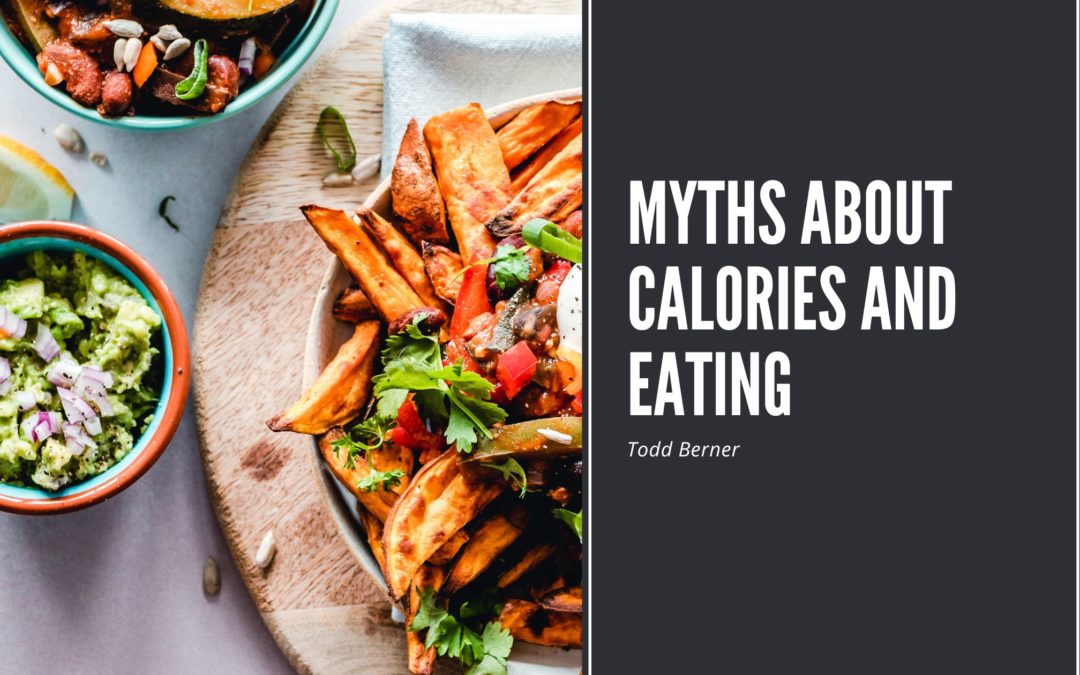Diet and exercise myths are pieces of advice that gain popularity without any supporting evidence. Many widely held views about weight reduction are falsehoods, while others are just partially accurate.
You gain weight if you skip breakfast
Eating a nutritious breakfast will better control your appetite throughout the day and help you resist the need for harmful snacks. There is no evidence from research in the scientific community that missing breakfast causes weight gain. If you are not initially hungry, pay attention to your body. As soon as you’re hungry, help yourself to a nutritious dish like oatmeal with fresh berries.
Reduce your carb intake to lose weight
There are two types of carbohydrates: simple and complex. Simple carbohydrates, such as those in cookies and candies, are deficient in fiber, vitamins, and minerals. Limiting these treats is a good strategy for eating better and reducing weight. Complex carbohydrate foods like whole-wheat bread, legumes, and fruit are packed with healthy nutrients. Limit simple carbohydrates while continuing to provide complex ones.
You will put on weight if you eat at night
Late-night eaters do tend to gain weight. Late-night consumers often choose high-calorie snacks may be one explanation. Some individuals who nibble after supper have trouble falling asleep, which may cause harmful desires the following day. After dinner, if you’re still hungry, stick to healthy snacks like low-fat yogurt or baby carrots.
You may consume as much as you want if the label reads “no-fat” or “low-fat”
To compensate for the lack of fat, many low-fat or no-fat meals are fortified with additional sugar, starch, or salt. These foods often contain the same calories as the standard version, if not more. Look at the nutrition label to determine how many calories are in a serving. Check the serving size as well.
It is impossible to be overweight and healthy
Some overweight individuals have normal blood pressure, cholesterol, and blood sugar levels. Most people’s risk of diabetes and heart disease is increased by being overweight. Your chance of contracting an illness rises the longer you remain overweight. Even though you might be plump and healthy, gaining weight raises your risk for future health issues. However, healthy food and regular exercise benefit everyone, regardless of weight.
You can lose weight rapidly by fasting
It is not good if you fast and then have a large lunch to make up for all the calories you missed earlier. People who engage in fasting will lose more muscle than fat compared to those who lose weight by consuming fewer calories. Look for empty calories in your diet that you can eliminate, such as refined carbohydrates and sugary beverages. Avoid skipping meals entirely, particularly if you’re not under a doctor’s care.
